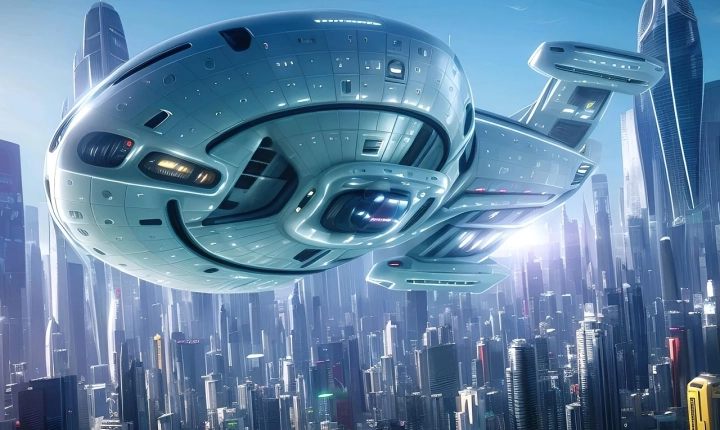Artificial intelligence has long been a topic of fascination and speculation in the world of entertainment, particularly in the creation of films. The idea of AI-generated movies has raised numerous questions and debates about the potential implications for the film industry and storytelling as a whole. Could AI actually be capable of crafting compelling narratives and producing visually stunning films that resonate with audiences?
The concept of AI-generated movies involves using machine learning algorithms and data analysis to generate original plots, dialogue, and even entire scenes. These algorithms can analyze patterns and structures within existing films and literature to create new stories and characters. Additionally, AI can be used to animate characters and scenes, as well as generate realistic visuals and special effects.
One of the main arguments in favor of AI-generated movies is the potential for efficiency and cost-effectiveness. By using AI to assist in the creative process, filmmakers could potentially reduce the time and resources required for pre-production, production, and post-production. AI could be used to generate story ideas, create storyboards, and even produce visual effects, cutting down on the labor-intensive and time-consuming aspects of filmmaking.
Furthermore, AI has the potential to revolutionize the way stories are told and presented on screen. By analyzing vast amounts of data, AI algorithms can identify unique story structures and character archetypes that could lead to fresh, original narratives. This could lead to a renaissance of creativity in storytelling, as AI-generated movies may introduce audiences to innovative and unconventional plots and characters that they may not have encountered before.
However, the idea of AI-generated movies also raises important questions and concerns. One of the primary criticisms is the potential for AI to lack the emotional and creative intuition that human filmmakers bring to their work. While AI can analyze existing patterns and structures, some argue that it may struggle to capture the raw emotion and nuance that are vital to captivating storytelling.
There are also ethical implications to consider, particularly in terms of ownership and copyright. If AI is responsible for generating the majority of a film’s content, who ultimately holds the rights to the creative work? Additionally, there are concerns about the potential for AI-generated content to perpetuate biases and stereotypes, as algorithms may inadvertently replicate societal prejudices embedded in the data they analyze.
Despite these concerns, there have already been instances of AI-generated content making its way into the film industry. For example, in 2016, a short film titled “Sunspring” was created using an AI system that wrote the screenplay. The film, while unconventional and disjointed in its narrative, demonstrated that AI is capable of generating original storytelling concepts.
As technology continues to advance, it is likely that the debate surrounding AI-generated movies will only intensify. While the potential for efficiency and innovative storytelling is compelling, it is crucial to approach the integration of AI in filmmaking with caution and thoughtful consideration. The interplay between human creativity and technological innovation will undoubtedly shape the future of storytelling in film, and the role of AI in this process is a subject that demands ongoing exploration and discussion.
